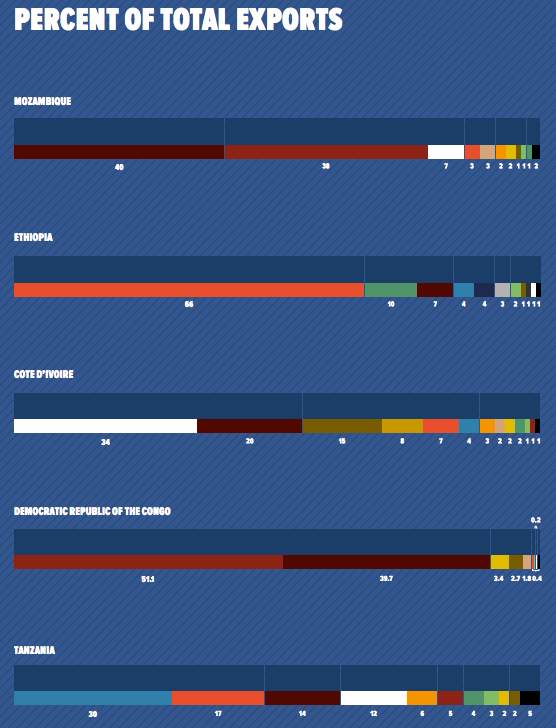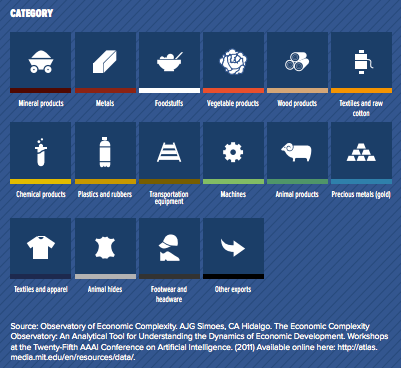The Trans-Pacific Partnership (TPP) agreement that was concluded on October 5, 2015. Comprising 12 countries including the United States, Japan, Canada, Mexico, Australia, Vietnam, Malaysia, and Chile, TPP countries represent 40 percent of global GDP, 25 percent of global exports, and 30 percent of global imports.
The U.S. is also negotiating with the European Union the Transatlantic Trade and Investment Partnership (TTIP) agreement, which, combined with the TPP, will cover nearly 60 percent of global GDP. The effect of two such significant FTAs is that their rules will become de facto global standards. Moreover, the U.S., the EU, Japan and 21 other countries are negotiating the Trade in Services agreement—an FTA focused on liberalizing barriers to trade in services. Finally, the Association of Southeast Asian Nations (ASEAN) plus China, Japan, Korea, India, Australia, and New Zealand are negotiating the Regional Comprehensive Economic Partnership agreement.
Africa is not a party to any of these mega-regional trade negotiations. At the same time, little progress is being achieved on completing the WTO Doha Round multilateral trade negotiations. This means that there is currently no large global trade negotiation where Africa’s views can be considered and progress can be made. The risk for Africa in this is that new rules and market access preferences agreed under the mega-regional FTAs will make it increasingly difficult for African businesses to compete globally, confining Africa to a shrinking share of international trade and diminish its attractiveness as a destination for investment.
The TPP will affect standards in a number of ways that will be significant for Africa. As a general matter, the standards in the TPP ranging from labor, environment to health and safety standards will become increasingly de facto global standards as the TPP expands its membership—and particularly should similar standards be included in the Transatlantic Trade and Investment Partnership. Such standards may or may not be optimal, or even achievable, for African business. But it is certain that these standards in the TPP and the TTIP are not taking into account African interests.
Specifically, the TPP includes labor and environment provisions that require TPP parties to have laws consistent with particular International Labor Organization (ILO) principles and multilateral environmental treaties. In many cases, it would be difficult for Africa to meet such standards. Moreover, business in TPP countries will increasingly expect their suppliers to comply with such minimum levels of labor and environmental protections.
foresightafrica2016_ch6

 rade
rade